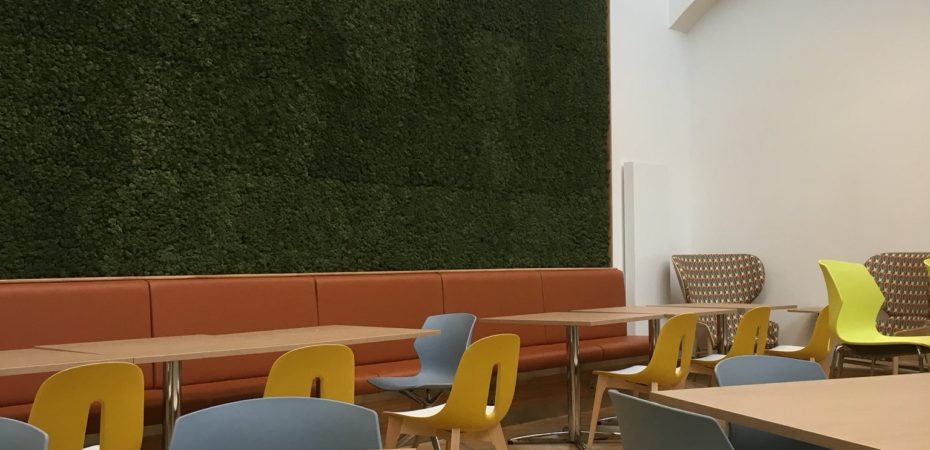Last week, whilst talking about practical strategies to support researcher mental health, I faced a tricky question about what I would do to make things better. The question has been bouncing around my head and prompted reflections about my own time as a researcher and why there used to be less talk about stress. I suspect this is partly down to shifting attitudes which make it easier for us to talk about our mental health, but largely down to the fact that academia was a less stressful environment in the 80s and 90s. So much has changed in the 30 years since I started as an undergraduate, but when I consider the differences, one idea persists in my thinking. Much of the stress associated with research was dissipated because I worked and studied in a department with a tea room (Chemistry at Swansea University).
It’s surprising how often I come back to that tea room when I consider what would make things easier for researchers (collaboration, equality and mentoring are all facilitated by shared spaces). It was open from 10-11 and 3-4 each day and always busy in these times with PhD students, postdocs, technicians and academic staff. We all sat together and talked about all sorts of things – research problems, social activities, uncertainty about our futures, upcoming conferences, stories from demonstrating in labs, our successes and our failures. There was a strong community in the department and although we sat in the familiar silos of organic, inorganic, physical and analytical chemistry we mixed thoroughly twice a day. As the only woman in my research group, it was also a fantastic way to connect with other women each day, eliminating any sense of isolation.
People noticed if you missed a few tea breaks and would often seek you out to check all was well. It was a place where you could be honest about problems which helped you prepare to discuss them with a supervisor. We were able to tap into each other’s expertise or just share the frustrations of research. We got used to seeing other people fail, then triumph – invaluable reminders of the fact this is part of the job when it was your research that started to falter. It gave us an identity – we were part of the Department of Chemistry.
The tea-room was closed not long after I left that department in the mid-90s – victim of changes to estate management that saw departments having to justify every square inch of floor space. The department gradually lost more space (the library went next) and eventually closed. I’m not claiming that the closure of the department was caused by the loss of the tea room, but I suspect it took a lot of the heart away and weakened the ties between people.
In most of our universities there is a space crisis and I suspect dedicated tea rooms are a rarity although there is a fantastic flexible, communal multi-purpose space in the School of Chemistry at Edinburgh (I hesitate to call it a tea room as they probably aren’t allowed anymore). As with most things related to inclusion, I can’t back up my claims about the benefits of tea rooms with any evidence, but a caffeine-supplemented common room was mentioned in the RSC report on inclusion written in 2004 (read page 4, the University of Utopia.). It would be interesting to see if anyone reading this shares my views and has their own examples of the positive impact of these spaces.
Chemistry has now reopened at Swansea. I hope there’s a tea room.



[…] defined and designed by students. As mentioned earlier this week, the School of Chemistry here has an enviable communal space which will be used to host events (e.g. board game evenings) that encourage discussion and build […]
When I worked at the U of Sheffield I noticed that every Thursday morning many of the Biology department (staff and students) would decamp to a common room in their building, coffee mugs in hand, to chat and catch up. The department had (perhaps still has) a very strong reputation for its student experience and sense of community. Was communal coffee the reason for the sense of belonging or simply a reflection of it? Don’t know. But there’s definitely something about communal tea and coffee that is interesting….